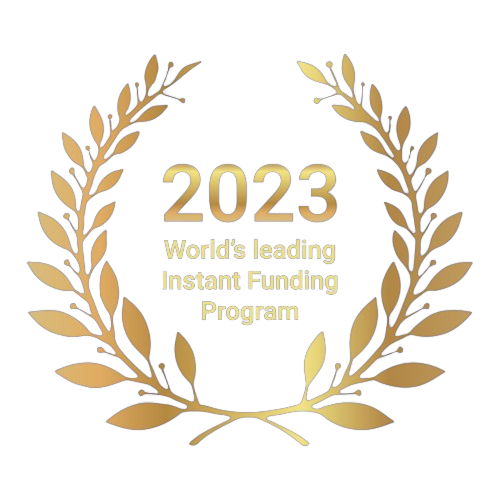
In proprietary trading, businesses trade financial products such as stocks, bonds, currencies, and commodities using their own capital rather than that of their customers. Private traders frequently examine market data and make trading decisions using highly complex algorithms and quantitative models. Proprietary traders need to be ready for the great future ahead as the financial markets get more complex and technology develops. Although the phrase “prop trader” is frequently used, there is considerable misunderstanding regarding what it actually entails. A global organization that represents traders’ interests, Traders Union, has carried out independent study to define what is a prop trader in order to remedy this problem. A prop trader is a professional trader who trades on behalf of a proprietary trading firm, according to Traders Union. These companies trade with their own money rather than using client money, and they often take on more risk than standard trading companies do.
What are the main “prop trader” features?
Independent and institutional prop traders are the two primary subcategories of prop trading. While institutional prop traders work for larger prop trading firms, independent prop traders are individuals who trade on their own behalf or for smaller groups of traders. The research conducted by Traders Union also uncovered a number of crucial traits that set prop traders apart from other kinds of traders. They consist of:
- Risk tolerance: Because they are using their own money and are not subject to the same regulatory restrictions as standard trading businesses, prop traders are often more ready to take on risk than traditional traders.
- Profit-driven: Rather than managing client portfolios or offering other services, prop traders are more concerned with making money for their company.
- Technology: Prop traders frequently rely significantly on technology to carry out trades swiftly and effectively.
- Performance-based compensation: Prop traders often receive bonuses and incentives based on how well they perform and how much money they can bring in for their company.
The study by Traders Union sheds light on the world of prop trading and helps to clear up some of the ambiguity around it. Traders and investors can better comprehend the function that prop trading companies provide in the financial markets by defining a prop trader and identifying their essential qualities.
What does the future hold for prop traders?
Prop trading’s future may be impacted by a number of trends, including the growing use of algorithmic trading and artificial intelligence. Prop trading businesses examine enormous amounts of data and use machine learning techniques to make trading decisions more quickly and accurately than human traders. As a result, future prop trading tactics might become more heavily influenced by math. The evolving regulatory environment is another aspect that could have an impact on how prop trading develops in the future. With new legislation aimed at lowering risk and raising transparency, the financial industry has recently come under increased regulatory scrutiny. Prop traders may find it more challenging to assume huge positions and participate in risky trading as a result of this. Also, the continued geopolitical unrest and economic unpredictability may have an effect on the future of prop trading. The profitability of prop trading techniques can be strongly impacted by changes in interest rates, currency exchange rates, and commodity prices, and the ambiguity surrounding these variables may make it more difficult for prop traders to produce steady profits. Ultimately, macroeconomic considerations, regulatory changes, and technological improvements are expected to work together to influence the future of prop trading. Prop traders who can adapt to these developments and use technology to their advantage may continue to prosper in the years to come, despite potential hurdles.
Do prop traders learn more about trading at prop firms than at brokers?
Prop trading firms, whose business strategy relies around recruiting and developing skilled traders who can generate profits for the firm, typically place a greater emphasis on trading education and training than standard brokers. Prop firms frequently offer their traders a range of tools and resources, including access to knowledgeable mentors, exclusive trading tactics, tools, and ongoing education and training programs. On the other hand, traditional brokers may provide their clients with certain instructional materials, but their main priorities are placing trades and giving their clients access to market data and research. Although some brokers might give trading education as a supplemental service, it might not be as thorough or as specifically catered to the needs of each trader as the training offered by prop businesses. Prop traders should extensively investigate and assess various businesses to ascertain which one offers the greatest fit for their unique needs and ambitions. In the end, the quality of learning and training possibilities for prop traders depends on the specific firm they work with.






